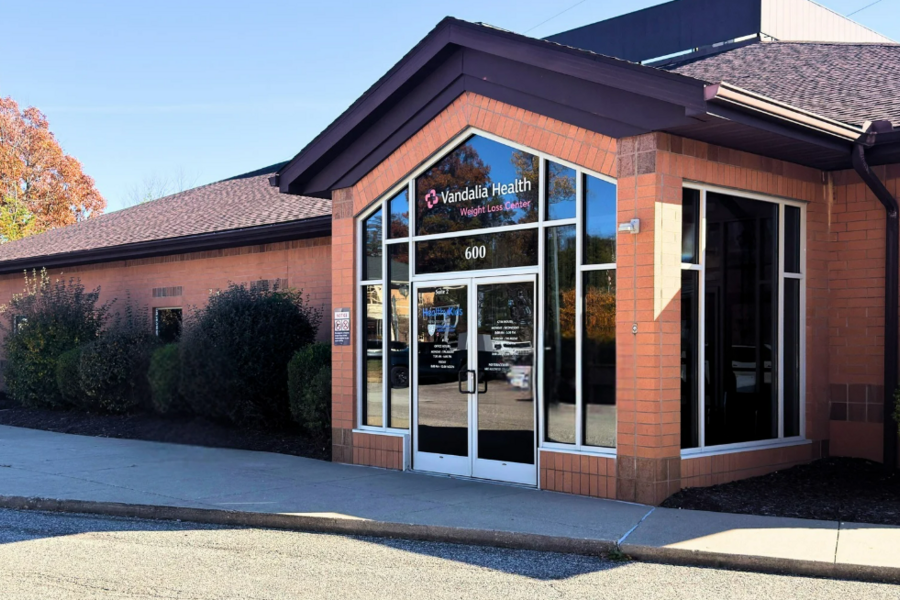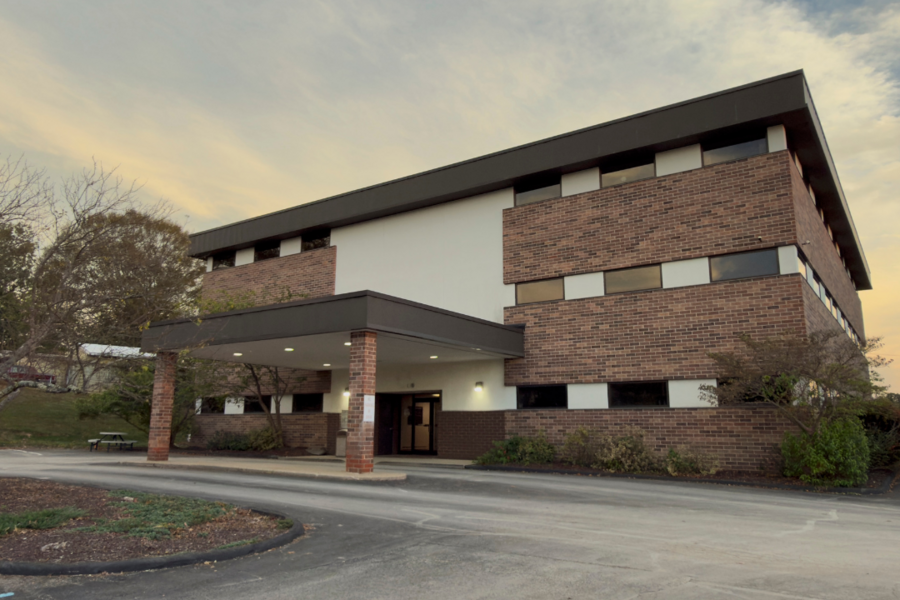Our Approach to Gastric Bypass Surgery
About Gastric Bypass (Roux-en-Y)
Gastric bypass is one of the most effective and commonly performed weight-loss surgeries in the United States. It combines two approaches - restriction and malabsorption - to help patients lose weight and improve obesity-related health conditions.
During the procedure, surgeons create a small stomach pouch about the size of a thumb. This pouch is separated from the rest of the stomach and connected directly to a lower portion of the small intestine. This “Y-shaped” connection allows food to bypass the duodenum and part of the jejunum, reducing the amount of calories and nutrients absorbed.
The new anatomy helps limit how much food you can eat and how many calories your body absorbs. When combined with lifestyle changes, gastric bypass can support long-term, significant weight loss.
How Gastric Bypass Works
Gastric bypass changes the digestive system in two ways:
1. Restriction
A small pouch is created at the top of the stomach. This limits portion size and helps you feel full quickly.
2. Malabsorption
The small intestine is rearranged so that food bypasses the upper portion, where many calories and nutrients are absorbed. Digestive juices still travel through the bypassed stomach and duodenum before meeting food further down the intestine.
Together, these changes:
- Reduce the amount of food you can comfortably eat
- Lower the number of calories and nutrients absorbed
- Support steady, long-term weight loss when lifestyle changes are maintained
Benefits of Gastric Bypass
Gastric bypass is one of the most studied and proven bariatric procedures, offering several significant advantages:
- Rapid and significant weight loss for 18–24 months after surgery
- Long-term maintenance of 60–70% of excess weight loss for many patients
- Effective improvement of type 2 diabetes, high blood pressure, sleep apnea and osteoarthritis
- Strong track record of metabolic improvement due to hormonal changes in the digestive system
Because gastric bypass is both restrictive and malabsorptive, it generally results in more weight loss than procedures that restrict only food intake.
All medical and surgical weight loss procedures carry potential risks and complications. Outcomes vary from patient to patient. It is important to discuss the benefits, risks, and alternatives of any procedure with your physician to determine the treatment option that is appropriate for your individual health needs.
Am I a Candidate for Gastric Bypass?
You may qualify for weight-loss surgery if you meet the following criteria:
BMI ≥ 40, or
BMI ≥ 35 with at least one obesity-related condition (diabetes, hypertension, sleep apnea, arthritis, high cholesterol)
Age 16–70 (with some exceptions)
Willingness to accept surgical risks
History of unsuccessful attempts with medically supervised weight loss
Realistic expectations and motivation to make long-term lifestyle changes
Ability to understand the procedure and its long-term requirements
Commitment to follow the diet, exercise, vitamin supplementation and medical follow-up
No untreated psychiatric illness or substance abuse
Obesity lasting at least 5 years
If you answer “yes” to all criteria, you may be a candidate. If not, a medical weight-loss program may be more appropriate.

West Virginia’s Weight Loss Specialists
Our bariatric surgeons are experts in a variety of weight loss surgery techniques.
What to Expect
1. Attend an Educational Seminar
All patients are required to attend our free, physician-led seminar before scheduling an appointment. This session reviews gastric bypass, sleeve gastrectomy and adjustable gastric banding and prepares you for the next steps.
2. Review Insurance Requirements
Check with your insurance provider to confirm coverage for bariatric surgery. Requirements vary by plan.
3. Complete a Supervised Weight-Loss Program (if required)
Many insurers require 3–12 months of supervised weight-loss visits. Documentation typically includes:
Provider signatures and contact information
Weight at each visit
Diet plan details
Lifestyle recommendations
Exercise history
Medications used
Evidence of weight-loss attempts
4. Submit a Letter of Intent
This personal statement explains why you want surgery, your expectations, your understanding of the procedure and how you plan to maintain lifestyle changes.
5. Complete Consent Forms and Patient Worksheets
These forms allow your care team to coordinate with your insurance and prepare your medical chart.
6. Gather Medical Records
Bring documentation of treatment for obesity-related conditions such as diabetes, hypertension, sleep apnea, asthma and joint problems.
7. Attend at Least One Support Group Meeting
Talking with previous bariatric patients helps set realistic expectations and builds support.
Medical Consultation
You will meet with a nurse and a physician for a detailed medical history review, medication review, physical examination and surgical discussion.
Nutrition Evaluation
A registered dietitian will assess your eating habits and help you implement the necessary dietary changes for long-term success.
Psychological Assessment
A licensed psychologist will determine your readiness for surgery and long-term behavior changes.
Preoperative Teaching
Approximately 1–2 weeks before surgery, you will meet with a nurse for a detailed review of what to expect before, during and after the procedure.
Preadmission Testing (PAT)
Includes:
Lab tests
EKG
Pregnancy test
Chest X-ray (if needed)
Anesthesia evaluation
You will arrive at the hospital two hours before your scheduled procedure. After surgery, you will recover on the bariatric unit.
Typical hospital stay:
1 night for adjustable gastric banding
2–3 nights for gastric bypass or sleeve gastrectomy
Before discharge, you will learn:
Phase 2 diet
Incision care
Medication instructions
When to follow up
1 Week
Meet with nurse and physician
Remove drain and/or staples
Review Phase 3 diet
1 Month
Meet with dietitian, nurse and exercise physiologist
Start Phase 4 diet
Build personalized exercise plan
3 Months
Nurse visit
Review vitamin and mineral guidelines
6 Months
- Full team visit
Lab work ordered
Diet, progress and exercise reviewed
9 Months
Nurse and physician visit
12 Months
Full team evaluation
Annual labs ordered
18 & 24 Months, Then Annually
Review diet, labs, progress and any concerns
Daily Nutrition Needs
Protein:
- Men: 110–120 g/day
- Women: 80–90 g/day
Fluids:
64 oz/day minimum
Exercise:
3–4 days/week, 30–45 minutes
Daily Vitamins
Men:
Prenatal or multivitamin
Vitamin B12
Iron if anemic
Calcium with vitamin D (1200 mg/day)
Women:
Prenatal vitamin
Vitamin B12
Iron if anemic or menstruating
Calcium with vitamin D (1200 mg/day)
Ongoing Support
Regular follow-up visits and monthly support groups are strongly encouraged. Patients who stay engaged with their care team and support network typically experience the best long-term outcomes.




